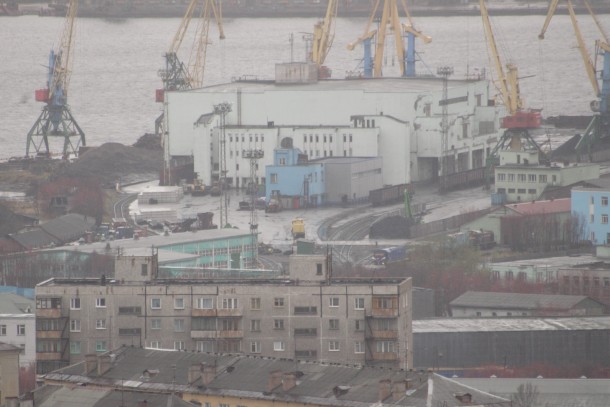12.03.2014 | News

The Ministry of Natural Resources and Environment of the Russian Federation, JSC VTB Bank and NEFCO have signed three agreements enabling the start-up of environmental projects in the Arctic region financed by the Arctic Council Project Support Instrument (PSI). The PSI is а financing instrument that focuses on actions to prevent pollution of the Arctic.
The PSI is administered by NEFCO and is open to contributions from Arctic Council members, observers and other interested parties.
“We are satisfied with today’s signing and look forward to starting to implement a wide range of PSI-financed projects that will reduce emissions of persistent organic pollutants, toxic heavy metals and climate pollutants impacting the Arctic region,” says NEFCO’s Managing Director Magnus Rystedt.
Today’s signing means that Russia will pay its contribution tranche and that the PSI will become operational. Russia has allocated a total of EUR 10 million to the PSI. The fund currently has eight contributors and pledgers, namely: Finland, Iceland, NEFCO, Norway, Russia, the Sámi Parliament, Sweden and the United States of America.
VTB Bank, the nominated Russian execution agency, is responsible for co-ordinating and facilitating PSI projects to be implemented in the Russian Federation, and it can now start its work. The agreements that have been signed today define and clarify the division of functions between NEFCO, VTB Bank and the Ministry of Natural Resources and Environment of the Russian Federation with regard to future Arctic Council projects to be implemented in Russia.
The PSI will be financing projects that have been approved by the Arctic Council and that are action and investment oriented. The PSI shall give priority to projects related to pollution prevention, abatement and elimination. Specifically, the PSI will be financing project preparation activities, such as project identification and concept development, feasibility studies, environmental impact assessments, business and financing plans, preliminary design, preparation of tender documents, tendering and evaluation. The main focus of the fund is to finance initiatives that can mitigate climate change and reduce releases of hazardous substances.
“This is a major step forward for environmental co-operation in the Arctic region and actually reinforces our joint efforts to finance circumpolar co-operation. We will strive to identify and implement projects that will be able to improve the ecological situation in the Arctic,” says NEFCO’s Special Adviser Husamuddin Ahmadzai.
Footnote: The Arctic Council includes the eight permanent member states of Canada, Denmark, Finland, Iceland, Norway, Russia, Sweden and the United States of America; the permanent participants representing the Arctic indigenous people; and the observer states of France, Germany, the Netherlands, Poland, Spain, the United Kingdom, the People’s Republic of China, the Italian Republic, the State of Japan, the Republic of Korea, the Republic of Singapore and the Republic of India.
Learn more about the Arctic Council
Learn more about the Arctic Council Project Support Instrument